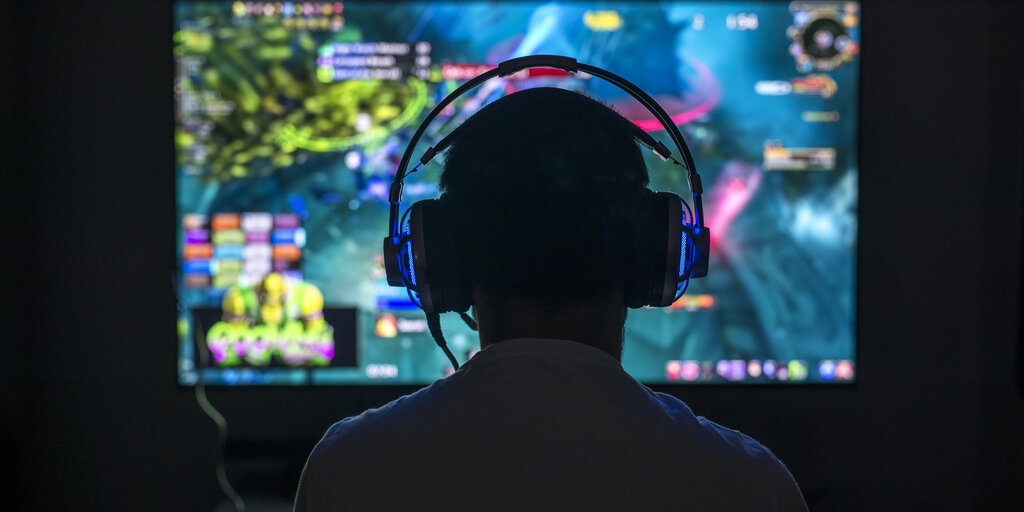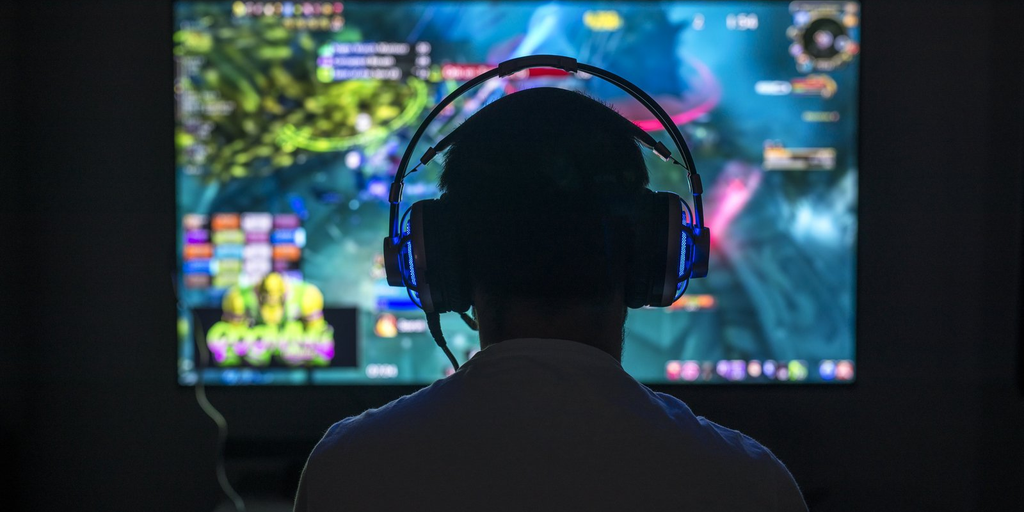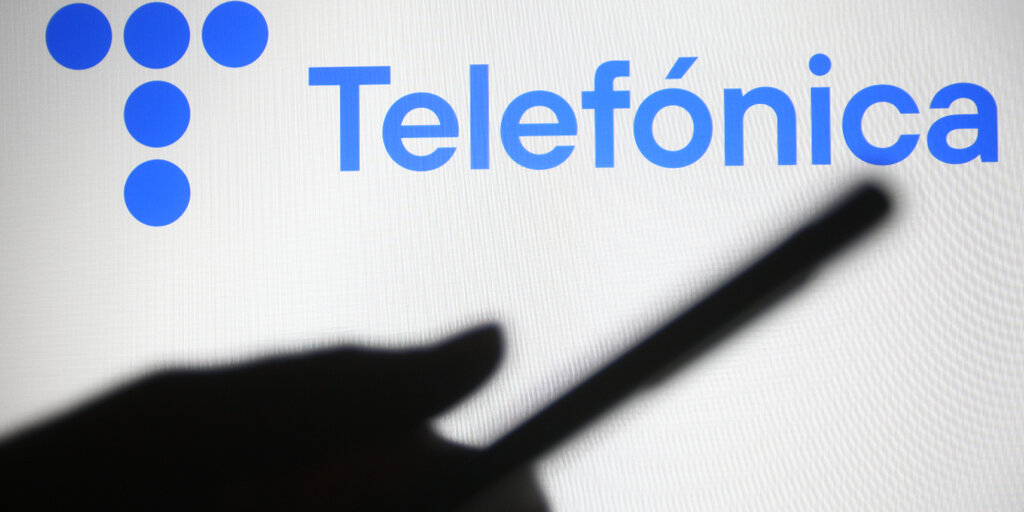

In blockchain games, where cryptocurrency tokens and ways to “earn” are paramount compared to traditional games, should influencers with insider knowledge be allowed to talk openly about tokens and their ever-changing prices?
This question has become the center of a conflict between cryptocurrency influencer and YouTuber Jesus “Classy” Martinez and blockchain gaming company Gala Games. The company removed Martinez from its creator program due to concerns that his videos were too focused on “ROI” (return on investment) and token-centric content.
“Yesterday I was kicked out of the Gala Creators Program,” Martinez wrote in a long post. post Describes his experience. “I’ve put thousands of hours into this ecosystem.”
Gala Games is strengthening its Creator Program, an initiative to spread awareness about Gala and bring creators together through an exclusive Discord server, according to Jason Brink, the company’s president of blockchain.
I got kicked out of the Gala Creators Program yesterday.
I have created a video demonstrating my commitment to the Gala community and will continue to maintain it.
With or without @GoGalaGamesWith your support, I will ensure that our community has the information they need and will continue to come to me…
— JesusMartinez.ron 🔮 (@0xJesusMartinez) January 23, 2024
The program provides each approved creator with a $1,000 monthly GALA grant to hand out to supporters during live streams or IRL events. Gala does not “sponsor content creators directly,” but instead seeks to foster community through “network initiatives,” Brink said.
in post Regarding Martinez, Brink stated that Gala does not allow token-focused creators to participate in the program, as the program’s creators will receive advance knowledge of Gala’s future news and releases.
“If a creator creates a lot of ROI-based content or talks about tokens (wall boy/roiboi content), we cannot give them access to this information,” Brink said. “The GALA token is the central heart of everything, but we don’t want to incentivize anything that creates liability for the project as a whole.”
“Classy is a fantastic creator whose content, for very obvious reasons, doesn’t match the content we’re trying to promote,” Brink added.
To be very clear: $GALA The Creators Program is in full swing.
Content creators who participate in this program (which is not a contract program) will be provided with advance information about games and publications to prepare for the release of their content.… https://t.co/w4fGoC9jJG
— Jason Brink (aka BitBender) (@BitBenderBrink) January 23, 2024
But no matter what any creator does, publicly In theory, you could “front run” many of Gala’s cryptocurrency tokens ahead of the launch of a game or NFT.
“Play to Earn” or “Play to Earn,” a subset of games that allow players to win by earning cryptocurrency tokens or NFTs, make up a significant portion of Gala’s portfolio of games. The company also sold expensive NFTs, which cost a lot of money. thousands dollar As for games, some of them haven’t even been released yet. Gala has also issued numerous tokens such as GALA, ETIME, TOWN, MUSIC, MTRM, and SILK.
Blockchain gaming influencers may choose to cover cryptocurrency games instead of traditional games because they want to explore the financial component of the fledgling industry. They love owning gaming assets and buying and selling NFTs and tokens. It is paradoxical to expect content creators not to focus on the blockchain elements of blockchain games.
And in a free age Game token airdrop It’s highly unlikely that cryptocurrency gaming enthusiasts will lose interest in the money any time soon, as it sucks up a huge amount of community attention and excitement.
Martinez said decryption He sent a message saying that he was trying to give a voice to the Gala token trading community and gamers who buy and sell various Gala tokens and NFTs. He also said that he created his own community tournament for the Gala game Spider Tanks due to his passion for the game, without any help from the company. And while Martinez said he has previously made “price prediction videos” that he believes are realistic, he said he has never owned a significant amount of Gala’s cryptocurrency tokens.
Asked whether so-called “moonboys” could become part of the Gala ecosystem, Brink said, “They’re welcome to come here.”
“I will not provide information to them to make posts that are legally problematic.” said.
But in theory, does having influencers take the lead or make public predictions about token prices pose any real legal risk to Gala as a company?
Seeking outside input Todd Phillips, an assistant professor of law at Georgia State University and a former FDIC attorney who frequently advises lawmakers and U.S. regulators on cryptocurrency regulation, said that what influencers are doing ultimately determines Gala’s actions. I don’t think I will be held responsible for this. From a legal point of view.
“It is unlikely that Gala Games itself will be held legally responsible. This is especially true if you have a policy prohibiting insider trading through your terms of service,” Phillips said. decryption Via email.
“However, influencers who violate Gala’s TOS certainly may. Insider trading under securities laws is based on the duties imposed. If an influencer breaches their obligations to Gala (violation of the TOS), they may be subject to legal liability.”
Currently at Gala Games’ TOS asserts that users of the platform must not engage in “creating, offering, selling or purchasing securities,” cannot “violate the law,” and users must be “fully responsible for their actions,” among other rules.
Gala Games does not currently have a separate legal agreement or TOS for Creator Program members. decryption.
Gala Games’ general TOS claims that Gala tokens are “digital rewards, not security tokens.”
But any case could still be subject to securities laws, Phillips said.
“Gala Games’ Terms of Service do not determine whether Gala Tokens or any other tokens used in the Games are securities. This was a decision made by the judge based on the facts of the case,” Phillips said. decryption.
For example, last year a U.S. judge found a former OpenSea executive guilty. insider trading charges NFTs. The executive pleaded not guilty by arguing that NFTs are not securities and therefore are not subject to such laws. But the judge wasn’t convinced, and now the administration appeal condemnation.
Editor: Andrew Hayward


